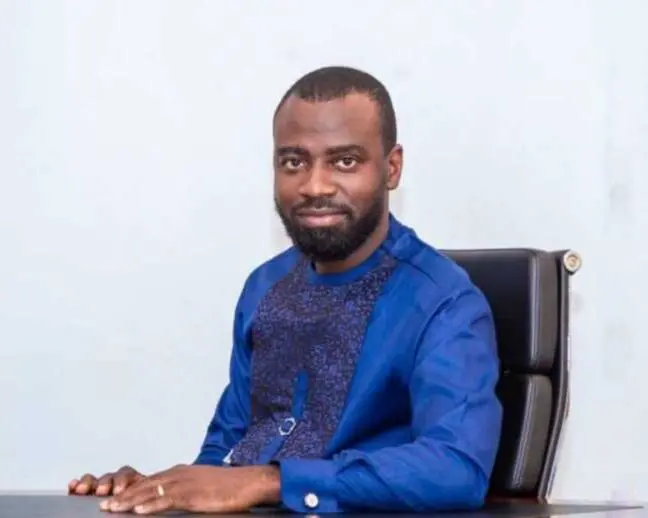The 2024 Ghanaian presidential election resulted in a significant political shift, with the New Patriotic Party (NPP) conceding defeat to the National Democratic Congress (NDC). Stephen Forson, the Deputy IT Director of the NPP, expressed his profound disappointment at the outcome, particularly lamenting the loss of their presidential candidate, Dr. Mahamudu Bawumia. He emphasized the innovative and development-focused initiatives championed by Dr. Bawumia throughout the campaign, initiatives that he believed held the potential to significantly improve the nation’s trajectory. Forson underscored the missed opportunity for Ghana, suggesting that the electorate’s decision would deprive the country of the potential benefits these proposed policies could have delivered.
Forson’s disappointment stemmed from the widespread belief within the NPP that Dr. Bawumia possessed the vision and capability to steer Ghana towards a more prosperous future. The former Vice President’s campaign focused on leveraging technology and modern governance principles to address key challenges facing the nation. These proposals resonated with a significant portion of the population who saw in Dr. Bawumia a leader capable of bringing about positive change. The election loss, therefore, represented not only a political setback for the NPP but also, in Forson’s view, a missed opportunity for Ghana to embrace a potentially transformative development agenda.
Despite the sting of defeat, Forson expressed a degree of hope that the incoming NDC administration, under President John Dramani Mahama, would recognize the value of some of Dr. Bawumia’s key policy proposals and consider incorporating them into their own governance framework. He emphasized that the ultimate goal should be the betterment of Ghana, irrespective of political affiliations. This sentiment reflected a desire to see the nation progress, even under the leadership of a rival political party. Forson’s hope rested on the premise that good ideas, regardless of their origin, should be adopted and implemented for the collective benefit of the citizenry.
Forson highlighted a specific example to illustrate the potential for policy continuity across administrations. He referenced a comment made by Samuel Okudzeto Ablakwa, an NDC Member of Parliament, during the vetting of ministerial nominees. Ablakwa had stated that Ghanaians possessing a Ghana Card would no longer be required to physically visit passport offices for registration purposes. Forson pointed out that this streamlined process was a concept initially proposed and championed by Dr. Bawumia during his campaign. This example served to underscore Forson’s broader point that valuable policy ideas should transcend partisan politics.
The adoption of such policies by the NDC, according to Forson, would represent a pragmatic approach to governance, prioritizing the needs of the nation over political point-scoring. He implied that embracing these initiatives would not only benefit the Ghanaian populace but also demonstrate a commitment to collaborative governance, where good ideas are recognized and implemented regardless of their political provenance. This approach, he suggested, would foster a more constructive political environment and contribute to national unity.
The outcome of the 2024 Ghanaian presidential election, while disappointing for the NPP and its supporters, also presented an opportunity for reflection and potential collaboration. Forson’s comments highlighted the importance of prioritizing national interests over partisan divisions. His hope that the incoming NDC administration would consider adopting some of Dr. Bawumia’s key policy proposals reflected a desire to see the best ideas implemented for the benefit of all Ghanaians, regardless of political affiliation. This sentiment underscored the potential for a more mature and collaborative political landscape in Ghana, where the focus remains firmly on national development and progress. The implementation of shared policy visions, like the streamlined passport registration process, could serve as a tangible symbol of this collaborative spirit and a testament to the potential for cross-party cooperation in advancing the nation’s interests.














